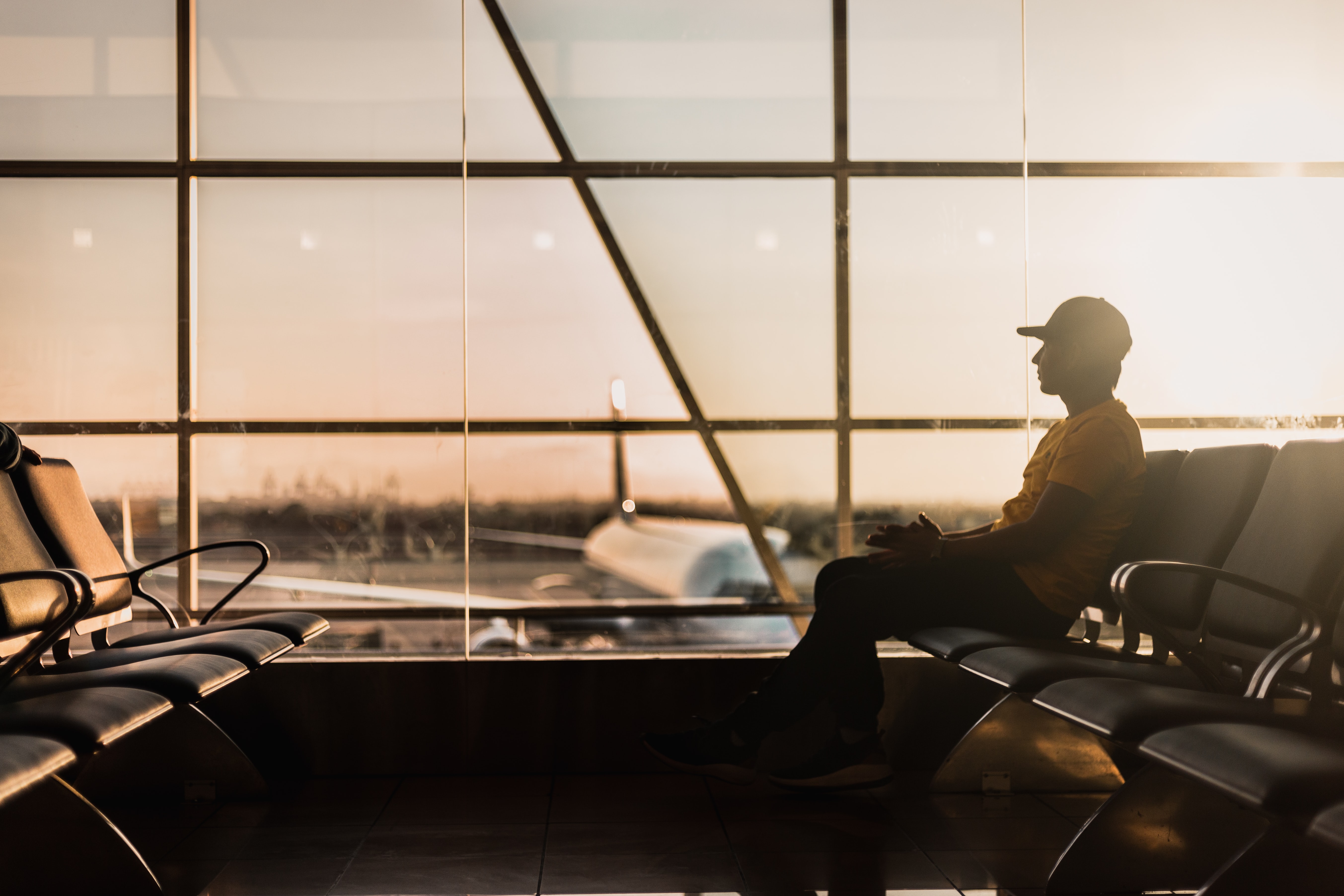New policy brief highlights lessons on airport asylum in the age of COVID-19
Governments can meet their international protection obligations towards refugees without sacrificing public health, says a human rights law expert.
Governments can meet their international protection obligations towards refugees without sacrificing public health, says a human rights law expert.

Air travel slowed dramatically during the pandemic, but persecution, conflict, disasters and violence did not – indeed, COVID-19 sometimes made these worse, forcing millions of people across borders seeking protection.
Some governments simply shut them out, according to a new Kaldor Centre Policy Brief examining seven countries – Australia, Canada, Costa Rica, Germany, Mexico, Uganda and the United States. The new research suggests that some are further using COVID-19 as cover to entrench obstacles for refugees and people seeking asylum that may last long after the pandemic is past.
‘Governments can meet their international protection obligations towards refugees without sacrificing public health,’ says author Regina Jefferies, an affiliate of UNSW’s Andrew & Renata Kaldor Centre for International Refugee Law. ‘But that’s not always been the approach they’ve taken.’
When COVID-19 hit, Canada, Germany and the United States put in place partial border closures for air arrivals that specifically exempted asylum seekers (with screenings, testing, isolation or quarantine arrangements), and Mexico never resorted to border closures for air arrivals. Of the countries examined, only Australia, Costa Rica and Uganda closed borders for air arrivals without exception – but Uganda fully re-opened air travel on 1 October 2020, and Costa Rica on 1 November 2020. By contrast, Australia’s strict border closure is in place until at least 15 December 2021.
Australia has all but eliminated access to asylum for air arrivals – even nearly two years after COVID-19 was declared a global pandemic. Air travel has often been cited as a safe alternative for people risking dangerous journeys by sea to Australia, but perversely, the restrictive pandemic policy settings could incentivise irregular movement, undermining Australia’s decade-long crackdown on boats and complicating efforts to detect and control the virus.
The Policy Brief recommends that when border closures are required, they must include specific exemptions for people fleeing a real risk of persecution or other serious harm.
Before borders slammed shut, airport asylum procedures in many countries were already lacking in transparency, procedural fairness and accountability. The Policy Brief ‘Comparative perspectives on airport asylum procedures before and during the COVID-19 pandemic’ addresses some of these shortcomings with further policy recommendations to:
‘COVID-19 has exposed significant differences in how countries manage public health risk and responsibility-sharing, while recognising the urgency of protecting people in vulnerable circumstances.’ said Jefferies. ‘These recommendations go to safeguarding minimum rights and preventing refoulement, whether there is a pandemic or not.’
Read ‘Comparative perspectives on airport asylum procedures before and during the COVID-19 pandemic’.
Regina Jefferies is an Assistant Professor at Western Washington University, a Scientia PhD Scholar and Affiliate at the Kaldor Centre for International Refugee Law, UNSW Sydney. She is also a member of the International Journal of Refugee Law Case Law Editorial Team and Steering Committee of the Forced Migration Research Network. Regina holds a Master of Studies from the University of Oxford and a Juris Doctorate from Arizona State University. Her research focuses on street-level bureaucrats, policy implementation, technology, and legal compliance in the context of immigration and refugee law. Since 2007, Regina has worked in the fields of immigration, refugee, and international human rights law in the United States, including as a Visiting Assistant Professor at the University of Minnesota Law School, as a Visiting Scholar at the University of California Los Angeles, as a Consultant for UNHCR, and as an attorney in private practice in Arizona.
Image credit: Marco Lopez/Unsplash